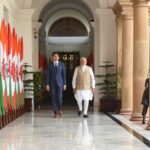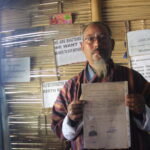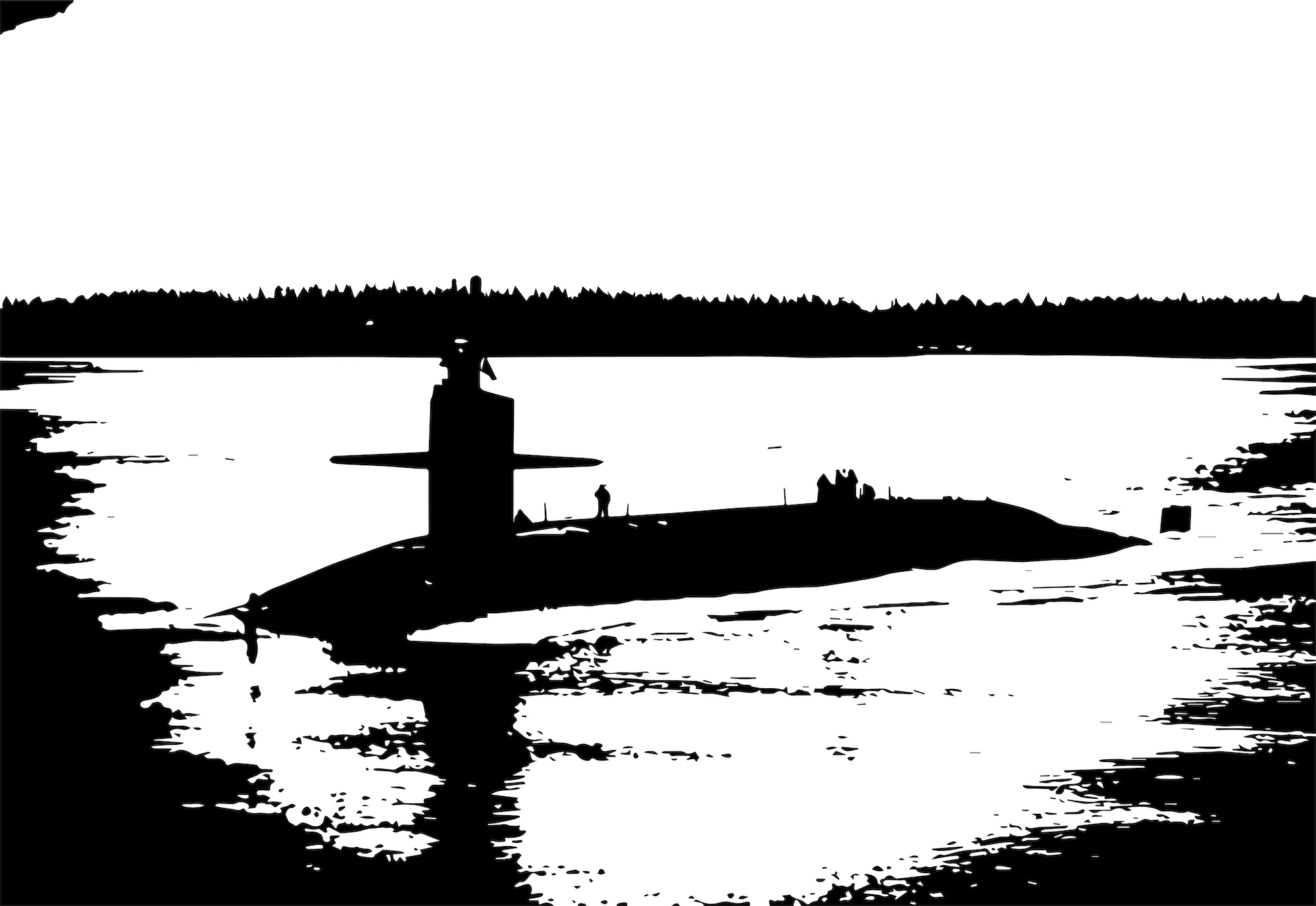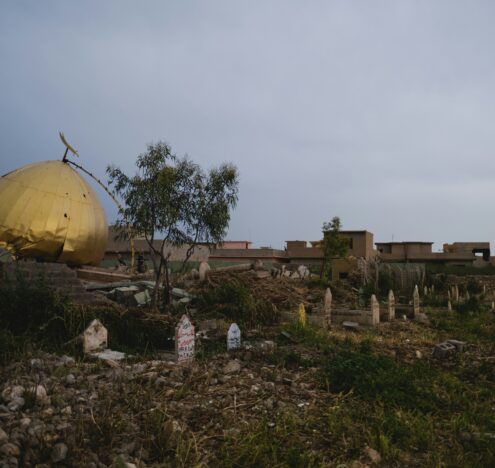When I tell people that I worked and lived on a submarine, the most common question I get is whether it was claustrophobic. In response, I ask: “do you get claustrophobic on an airplane?” If you think too hard about it on your next flight, hurtling through the air in a small metal tube, the answer is probably yes.
As a junior officer in the US Navy, I used to sleep in a bunk squeezed between two missile tubes containing the most dangerous weapon known to humankind — a submarine-launched nuclear ballistic missile. Each missile contained multiple warheads capable of hitting several long-range targets with precision and an almost unbelievable payload — over 200 times bigger than the “Little Boy” bomb dropped on Hiroshima.
On a regular basis, the crew would conduct drills to practice the missile launch sequence while out patrolling the ocean. Decoding top-secret launch orders was kind of fun, like a puzzle game. But, after cracking the code and pretending to launch a missile in a would-be attack on our adversaries, I would often reflect on the hypothetical world-ending scenarios that we just envisioned.
In peacetime, we were an essential part of the US nuclear deterrent strategy. In war, we were something much more sinister. Being claustrophobic was much less of a concern when you realized that a submarine is the safest place you can be in a nuclear apocalypse. That idea is even more important to me today as the world continually becomes scarier.
Being claustrophobic was much less of a concern when you realized that a submarine is the safest place you can be in a nuclear apocalypse.
North Korea has since made significant advances in its nuclear arsenal, both in capacity and range. In 2017, the country demonstrated the ability to attack the continental US, which led to a game of brinkmanship. President Trump later surprised the national security establishment by cozying up to dictator Kim Jong Un and bringing the two countries into negotiations, but the talks resulted in a walkout when US diplomats went looking for a slam dunk — total disarmament.
Ankit Panda, Senior Editor of The Diplomat, recently talked about the fumbling of negotiations with North Korea in a public lecture at the Chicago Council on Global Affairs. Even though disarmament of the Korean peninsula is an ideal end state, he says, there’s no scenario where Kim Jong Un gives up his arsenal while outside threats linger.
Ankit recommends we take a few baby steps first and loosen economic sanctions to stop North Korea from further developing its arsenal. Had we pursued such compromises to contain North Korea sooner, it might not be the international threat that it is today.
It is in the best interest of the United States to prevent North Korea from further expanding its capabilities. Getting Kim Jong Un to stop long range nuclear testing and freeze production of fissile material in exchange for relaxing of economic sanctions would be a “good deal,” according to Ankit. This would also bring stability to the region and could strengthen our relationship with China.
China is expected to double its nuclear arsenal in the next decade as part of ongoing efforts to match its might with the US as its economy and global influence grows — taking a “step back” from its commitments under the Nuclear Non-Proliferation Treaty. The Trump administration has suggested trilateral talks between the US, Russia, and China, but critics see this as a stalling tactic to let the existing US-Russia New START treaty expire rather than an attainable diplomatic goal. Perhaps instead, we could bring China into the fold using a deal with North Korea.
While China would also prefer to fully denuclearize its neighbor North Korea, it is more concerned about a total societal collapse resulting in a refugee crisis. Chinese President Xi Jinping and Trump seem to follow the same playbook here, finding alignment with North Korea and calling on the United Nations to lift sanctions for the sake of potential benefits to regional security and stability.
Freezing North Korean nuclear developments in exchange for lifting sanctions, preventing both escalation and societal collapse, would be a win-win situation for the US and China. That kind of diplomatic victory could come at an important time when relations are strained by an all-out trade war, technological cold war, and increasing military tensions.
Stabilizing North Korea won’t necessarily bring China to the negotiating table on trade or nuclear weapons, but it could at least bring the US and China a little bit closer together. Unfortunately, inaction and escalation may be the more likely outcomes under the current administration. In which case, while I’m usually happy to be on dry land, maybe sleeping between missile tubes is the safest place you can be.
Dan Misch is an Emerging Leader with the Chicago Council on Global Affairs. Learn more here.





















